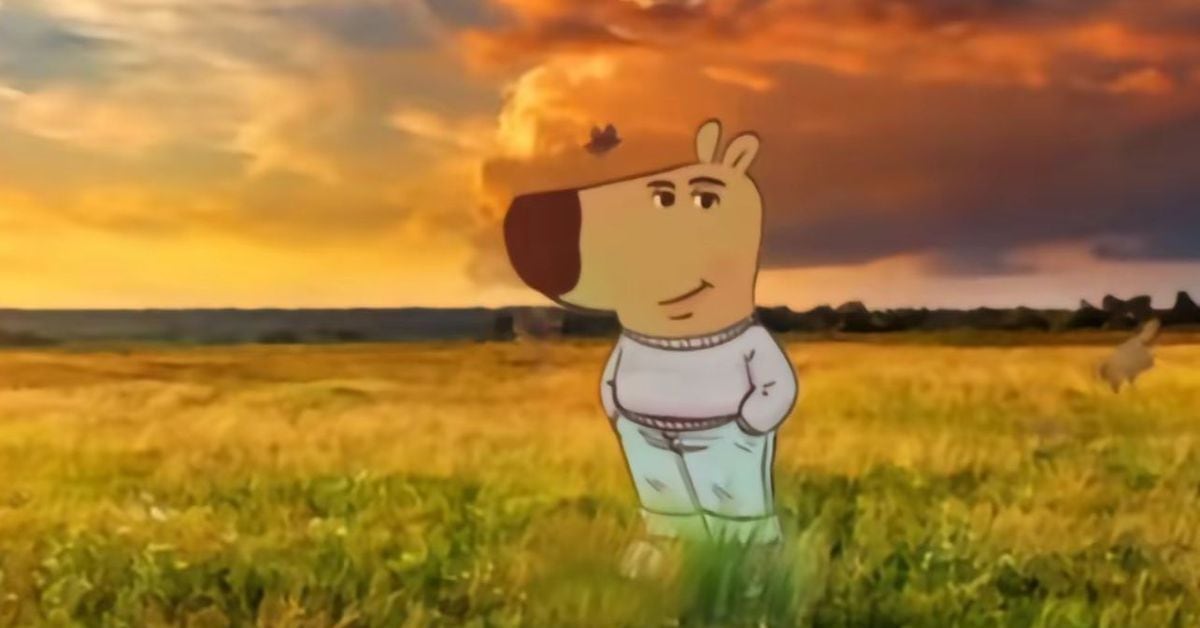This is an opinion editorial by Joël Kai Lenz, a professional content writer focused on Bitcoin and the Lightning Network, and host of the “Rabbit Hole Stories” podcast.In my previous life, as a professional in the legacy digital media world, I used to sit below a giant neon light. I didn’t particularly like the look of the light, but I loved its message. It was a quote by Steve Jobs. You may have heard or even seen the quote online. It’s the last few words of a famous Apple commercial, where Jobs spoke to society’s outsiders:“The people who are crazy enough to think they can change the world are the ones who do.”In my earlier internet days, when I spent hours changing the CSS of my Myspace page, I was always fascinated by creators. For some weird reason, I resonated with them. Not because I’m particularly creative but because I liked their approach: You’ll get rewarded if you’re courageous enough and take on risks. Or, in Bitcoin terms, if you put in the proof of work, you will get rewarded. However, my work wasn’t rewarding anymore. Although I was the misfit in my group — the only one who didn’t graduate in media studies or journalism — I still found a way to blend in. But that was the issue, I blended in and didn’t challenge the people reading my stories. I was just another one of these tech-bro writers who didn’t question anything. Luckily, I was a contractor, and as long as I pitched stories with unique angles, my editor let me pursue other avenues, outside of the typical tech-bro coverage. He encouraged it, as long as I put in the same effort as I did before. That day, I looked at the neon sign and told myself: You know what? I’m going to take a closer look at changing the word by telling more personal stories, and joining the creator economy myself!The Problem With The Creator EconomyThis was in 2018. TikTok was just starting, Facebook wasn’t involved in as many scandals yet, and YouTube was, in my opinion, at its peak. I felt that on these many emerging platforms, there must be the chance to support myself as a creator and tell the stories that I wanted to tell.Also, because most of the creator economy was digital, I was sure to run into someone else who was into Bitcoin. After all, it’s magic internet money, and these people have to get paid or want to use this new form of money to their advantage. At least, that’s what I told myself.Not only was I wrong, but I was also disappointed to find out that there were no creators out there who had an issue with how the creator economy was run. Once you got a peek behind the curtain, you realized that most of these prominent creators were captured by talent agencies. The deeper I dug, the quicker I realized that there are two currencies in that world. The first currency is the connections and people who you know. The second one was the U.S. dollar. Although I mainly spoke to European creators, all of them told me that they have to obey their


